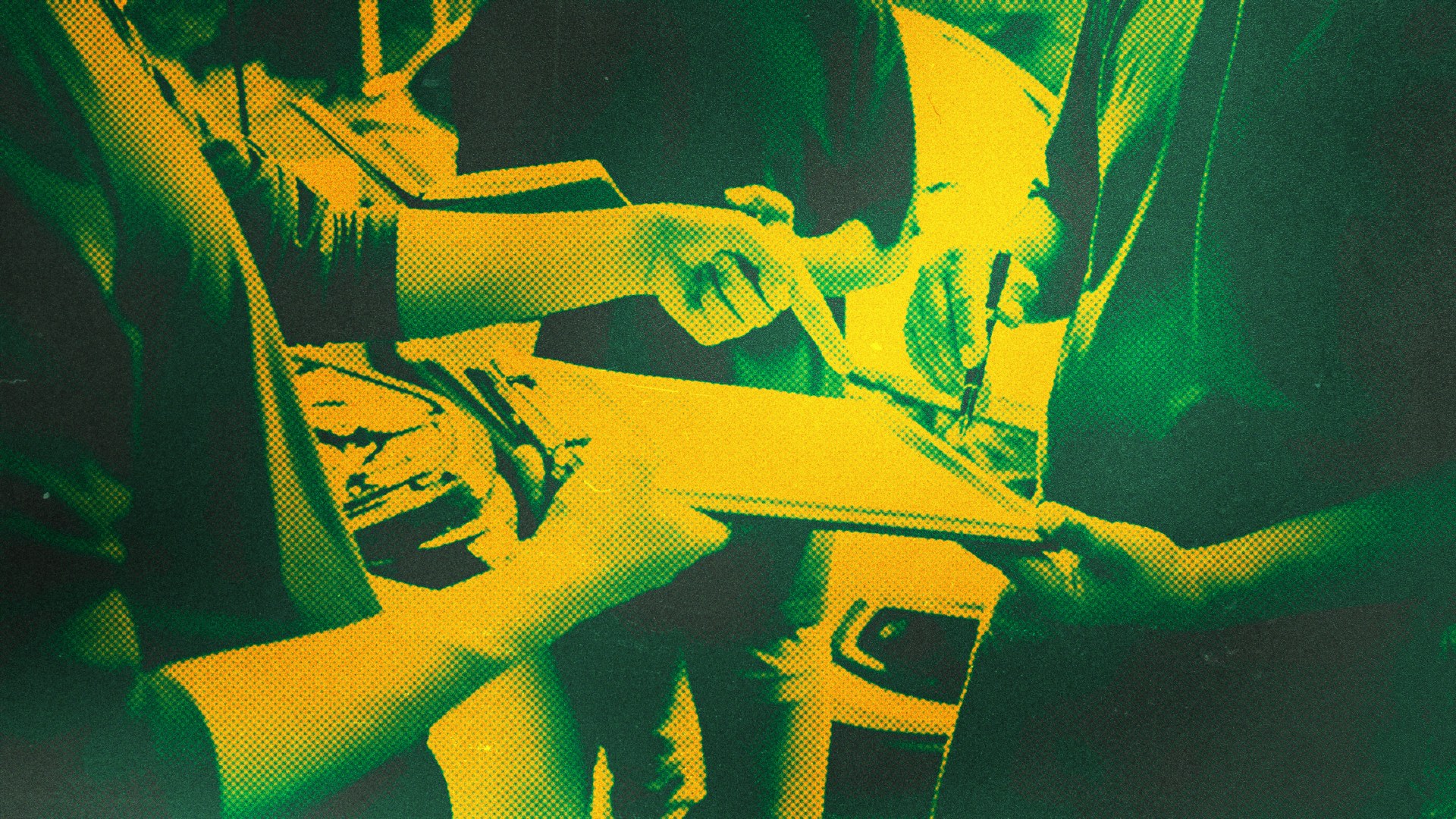When you’re searching for the best RV insurance, it helps to know what to expect from the start. During the RV insurance application process, underwriters or agents need specific information to assess your risk and determine appropriate coverage.
This guide will detail the top underwriting clarity questions so you know what to expect to make the process go as smoothly as possible. So, keep reading for the top 10 questions you should be prepared to answer during the underwriting process.
What to Expect: 10 RV Underwriting Clarity Questions
Have no fear when it comes to underwriting…Happy Camper is here! Here’s what to expect when obtaining RV travel insurance when it comes to underwriting clarity questions.
1. What Type of RV Do You Own?
Starting off simple, the first questions should be easy to answer. Insurance companies need to know whether you have a Class A motorhome, Class B camper van, Class C motorhome, or travel trailer. Your RV’s type, size, and value will also significantly impact your premium rates and coverage options.
2. How Often Do You Use Your RV?
The more you use your RV, the more coverage you may need. So it should come as no surprise your usage pattern matters. Are you a full-time RVer, weekend warrior, or seasonal traveler? Different usage patterns present different risk profiles. If you’re a full-timer, expect that you’ll typically need more comprehensive coverage than occasional users.
3. Where Do You Store Your RV?
Another factor that will affect your RV travel insurance coverage or policy is its storage situation. Underwriters want to know if your RV is stored in a covered facility, driveway, or open lot. Secure storage locations can reduce the risk of theft or weather damage, leading to lower premiums.
4. What’s Your Driving Experience?
Be ready to discuss your RV driving history, including:
- Years of RV driving experience
- Previous accidents or claims
- Commercial driving licenses (if applicable)
- Completion of RV safety courses
5. Who Will Be Operating the RV?
Like auto insurance, when obtaining the best RV insurance for you, one of the underwriting clarity questions will be “who will be operating the RV?”. You’ll likely be asked to lst all potential drivers and their driving records. Insurance companies need to evaluate the risk associated with each operator, including age, experience, and driving history.
6. What’s the Replacement Value?
If an insurance company will be in the potential position to replace your vehicle, they’ll need to know what that cost may be. This means they’ll seek out, or you’ll be expected to frovide accurate information about your RV’s current market value and replacement cost. Be sure to include any modifications, upgrades, or custom features that affect its value.
7. Do You Have Safety Features?
Detail safety equipment such as:
- Anti-theft devices
- Backup cameras
- Tire pressure monitoring systems
- Emergency brake systems
- Fire suppression equipment
8. What States Will You Travel Through?
RV travel insurance will also need to consider the states you plan to travel to, as your travel territory affects coverage needs and costs. Some states have higher accident rates or natural disaster risks, while international travel requires additional coverage.
9. Do You Generate Income With Your RV?
Another thing that will affect RV travel insurance rates is whether or not the vehicle is used for business purposes. You must disclose any of the following, considering commercial use requires specialized coverage.
- Rent out your RV
- Use it for business purposes
- Generate social media content
- Host paid camping experiences
10. What Personal Items Need Coverage?
It’s not just the vehicle itself. It’s what’s inside that needs coverage, too. So, you’ll be asked to list valuable items regularly stored in your RV such as:
- Electronics
- Sporting equipment
- Appliances
- Furniture
- Personal belongings
The Final Word: The Best RV Insurance for You
Understanding these questions helps you prepare for the underwriting process and secure appropriate coverage for your RV lifestyle. Being prepared beforehand can help your underwriter or agent out. Gather documentation to support your answers, including vehicle specifications, storage agreements, and proof of safety features.
Remember that honest, detailed responses ensure you receive accurate quotes and appropriate coverage for your specific situation. Your insurance agent can help you navigate these questions and find the best policy for your needs.
Ready to get a quote for the best RV insurance for you? Start with Happy Camper now.


